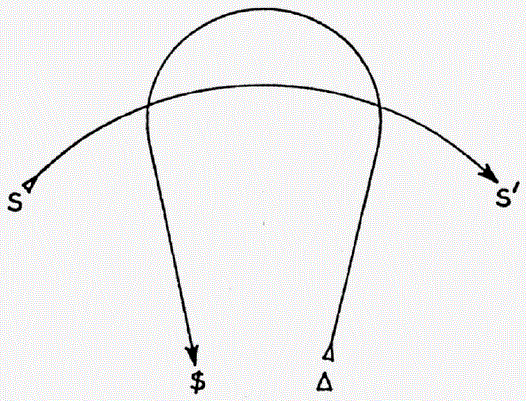 The first term in Euclid’s Elements came as a surprise to me. The first term in Euclid’s hefty treatise on geometry is not number or line, not triangle or sphere, not mathematics, and not even geometry itself. The first term in Euclid’s elements is point: “A point is that which has no part.”
The first term in Euclid’s Elements came as a surprise to me. The first term in Euclid’s hefty treatise on geometry is not number or line, not triangle or sphere, not mathematics, and not even geometry itself. The first term in Euclid’s elements is point: “A point is that which has no part.”
Is this the origin of geometry, this the first term in the first major omnibus of geometry? The question has been posed before, by Jacques Derrida famously. But he was upstaging another voice, that of Edmund Husserl writing just prior to the onset of World War II. Why not upstage them both, as Michel Serres did, first in his sketches on the “Origin of Geometry,” then later shifting the frame slightly, not “Origin” but Origins.
Who would not be a little disappointed by Husserl’s text, that tedious appendix, forever dancing around the topic of geometry but never addressing it head on? The general attitude--voiced by Derrida with his characteristic condescension--has been to discount the question itself, to invert Husserl, and to investigate not the origin of geometry but the geometry of origin, origin now having been recast as the cardinal sin of all philosophy. But was that not just another distraction? In trying to unseat origin, one risks naturalizing geometry, a new structure to replace the old, even if that structure is, in some sense, deconstructed. So instead of discarding the question, let us retain it. Let us return to Husserl’s investigation and try to look for a different answer. Let us ask the question again. What is the origin of geometry?